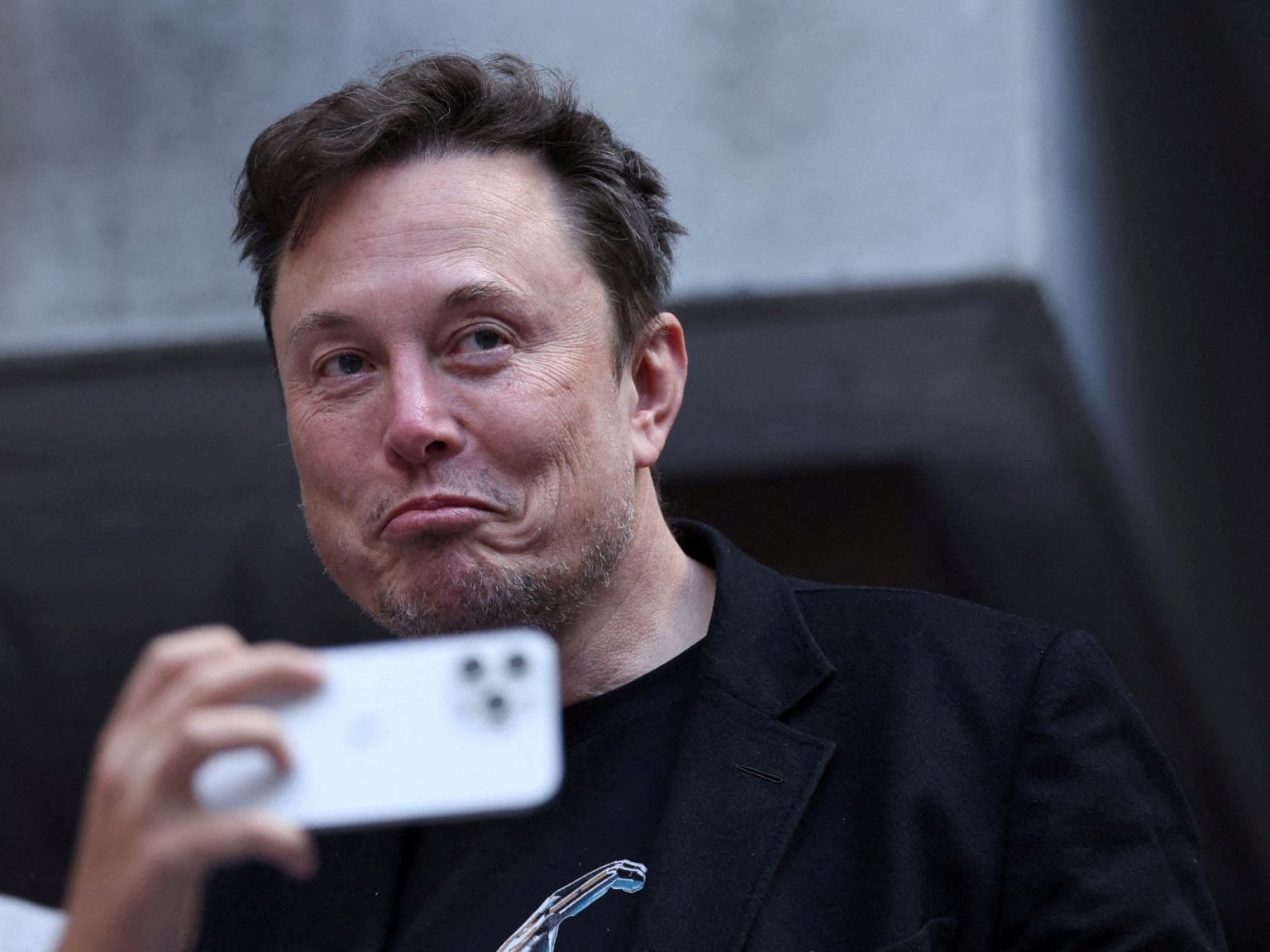Throughout recent history, the world’s wealthiest individuals, often male, have tended to operate from the shadows, challenging governments quietly. However, Elon Musk, the current richest man in the world, has opted for a more public approach. In several countries, most notably those with left-leaning or liberal administrations, Musk has engaged in online battles with governments over the issue of free speech, coinciding with their attempts to regulate social media, in which Musk has a direct business interest. From Brazil to Australia, France to the United Kingdom, and the United States, Musk has been embroiled in confrontations that have had significant consequences for him and his companies.
In Brazil, Musk clashed with Supreme Court Justice Alexandre de Moraes, resulting in X being banned after Musk refused to comply with a court order to appoint a legal representative in the country. Additionally, the court ordered X to block far-right accounts, which Musk also rejected. Ultimately, the court levied significant fines against X and froze the bank accounts of Musk’s satellite communications firm, Starlink. Despite briefly circumventing the ban, X ultimately complied with the court’s orders to appoint a legal representative and block accounts spreading hate speech, as Brazil is a key market for the company with 21 million users.
Musk criticized the Australian government as “fascists” in response to legislation introduced by the centre-left Labor Party that would penalize media platforms for spreading false or misleading information. Musk argued that the law infringed on the principle of free speech, a sentiment echoed by other critics of the legislation. However, Australian officials accused Musk of inconsistency on the issue, pointing out his acceptance of calls from authoritarian governments to crack down on certain accounts deemed harmful. The debate highlighted complexities surrounding free speech in the digital age and its intersection with government regulation.
In France, Musk criticized the arrest of Telegram CEO Pavel Durov, who was detained on charges related to his messaging platform’s alleged involvement in illegal activities. Musk’s posts on X expressed opposition to Durov’s arrest and questioned the lack of legal consequences for Meta CEO Mark Zuckerberg in similar situations. The incident underscored Musk’s vocal stance on free speech and his willingness to challenge government actions perceived as unjust, even in other countries.
In the United Kingdom, Musk engaged in a public dispute with UK Prime Minister Keir Starmer following far-right and anti-immigration riots, where Musk suggested civil war was inevitable in response to a post linking mass migration and open borders to the disturbances. The UK government condemned Musk’s comments and emphasized the importance of maintaining public order and condemning violence. Musk continued to provoke controversy with additional X posts, contributing to tensions between him and government officials, as well as broader discussions about social cohesion and political divisions.
In the United States, Musk’s criticism of President Joe Biden has been met with strong backlash from the White House, particularly regarding comments perceived as racist and anti-Semitic. Musk’s shifting political allegiances, such as publicly supporting former President Donald Trump, have fueled further controversy, particularly in the lead-up to the 2024 election. Despite these conflicts, Musk has collaborated with the US government to provide satellite access to Ukraine during its conflict with Russia, highlighting the complexities of his relationships with various governments. However, his controversial remarks, particularly those related to political figures, have drawn criticism from multiple quarters, including the White House.













